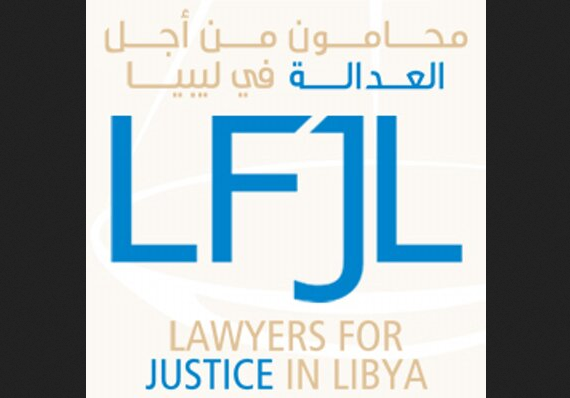This principle prohibits the extradition or transfer of a person to another country where they may be at risk of torture or other ill-treatment. Further, as part of its transitional justice provisions, the recommendations provide for a prohibition on amnesties for human rights violations.
This is a positive step towards addressing existing amnesties such as those granted under Law 38 of 2012 "for actions made necessary by the 17 February Revolution" which may be understood to grant amnesty for human rights violations including torture.
However, LFJL and REDRESS remain concerned that these provisions are not comprehensive enough, given Libya's historical use of torture, its continued prevalence today, and the degree of impunity with which it is carried out. A number of elements of the recommendations should be refined to put in place a comprehensive framework from within which the prohibition of torture can be fully enforced.
Key suggested amendments include providing a separate article on torture that contains a definition which reflects the definition in the United Nations Convention against Torture (UNCAT) and from which the related obligations and safeguards to prevent torture and afford remedies to survivors can be elaborated. Other key revisions include prohibiting the use of evidence extracted through torture.





